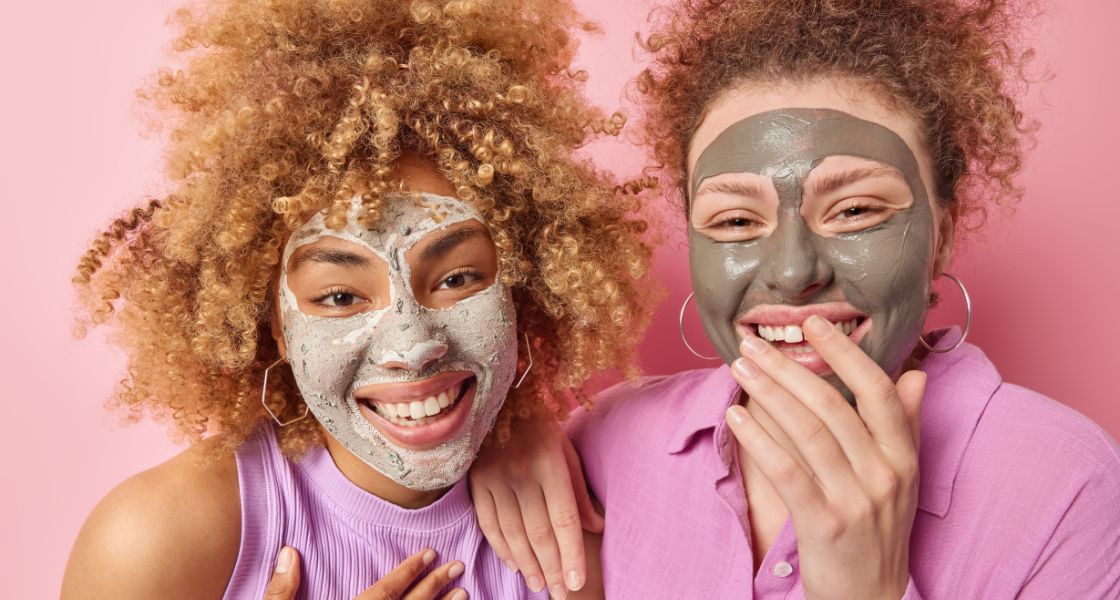Our daily skincare routine is crucial to have radiant skin, but the little extra we put in two to three times a week also matters. Here are the best face masks to achieve our best skin.

Korean sheet masks
They are stars on Tik Tok and can be seen everywhere, including in supermarkets. We apply sheet masks, which are soaked facial sheets that are only good for one usage, on our faces for 15 to 20 minutes at a time.
Avocado, seaweed, and even red wine have been known to make an appearance in the formulation of Korean sheet masks, which are typically made using botanical or food-based substances. Because the many components serve a variety of functions, it is simple to modify them to meet the specific requirements of our skin at any given time. They are entertaining and a good way to unwind after a long and stressful day.
Because these masks contain substances that strengthen the skin’s natural barrier, they are quite popular among customers. A healthy skin barrier is an important component in the prevention of a wide variety of skin disorders, including acne and dryness. By preventing the penetration of contaminants into the skin, it preserves its overall health.
To get the most out of a sheet mask, it is essential not to rinse off any of the remaining substance once it has been applied. After that, use your usual moisturizer and give your skin a little massage to work it in.
Due to the fact that they are gentle on the skin, Korean sheet masks can be applied anywhere from twice to three times per week. They are very good face masks for healthy skin.
Mud masks
There are an overwhelming number of them. These facial treatments, which can range from clay masks to mud masks from the Dead Sea, are intended to cleanse the face and absorb excess oil. In the 1990s, they enjoyed considerable popularity, although it has since waned. Why? Because they have the potential to cause skin irritation if they are used too frequently.
When applied in the right way, a mud mask of good quality has the potential to improve oily skin and acne that is resistant to other treatments. After applying to the face for a maximum of 10 to 15 minutes, hydrate the skin afterwards. Depending on how sensitive your skin is, you should use those masks once every two weeks or once a week, whichever comes first.
Face masks for healthy skin: Homemade masks
There are many different recipes for handmade masks that can be found online. There are some that are excellent, while others are not. Both honey and aloe vera are wonderful options for use in face masks that you make at home.
Cinnamon and other compounds that have the potential to irritate the skin or trigger allergic responses deserve our utmost caution. Before using a DIY mask for the first time, it is strongly recommended that a patch test be performed beforehand. Some individuals may experience allergic responses as a result of specific components.
